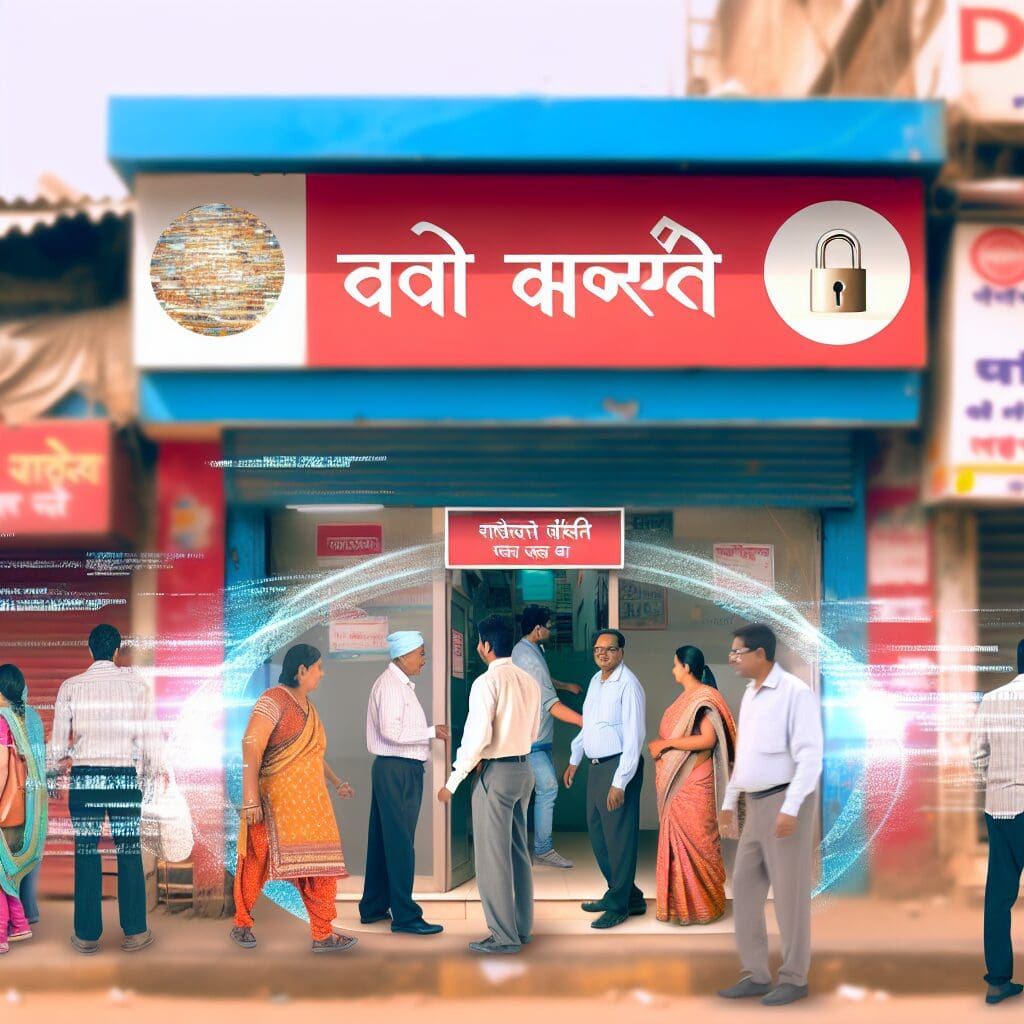In recent news, small Indian banks have managed to restore their operations following a significant ransomware attack that led to temporary shutdowns. These attacks, usually designed to extort money from organizations by encrypting their data, have brought to light the vulnerabilities present in the banking sector. Fortunately, a forensic audit firm conducted a thorough examination and deduced that the breach primarily affected C-Edge Technologies, which provides technological support to these banks, rather than the individual banking systems themselves.
The incident serves as a stark reminder of the increasing frequency and sophistication of cyber threats facing financial institutions. In the wake of such attacks, many banks are now prioritizing their cybersecurity frameworks. For instance, they are investing in advanced threat detection systems and incident response strategies. By adopting a proactive approach, these banks aim to mitigate the risks associated with potential future cyber threats.
Furthermore, the event underscores the crucial role of third-party providers in the security landscape. As banks rely heavily on FinTech companies for operational support, it is imperative for them to ensure these partners adhere to stringent security measures. Collaborative efforts between banks and their technology partners can greatly enhance overall security postures.
In conclusion, while the quick recovery of these small Indian banks reflects their resilience, it also emphasizes the need for ongoing vigilance and investment in cybersecurity. By enhancing their defenses and scrutinizing their partnerships, banks can work towards safeguarding their operations and maintaining the trust of their customers.












